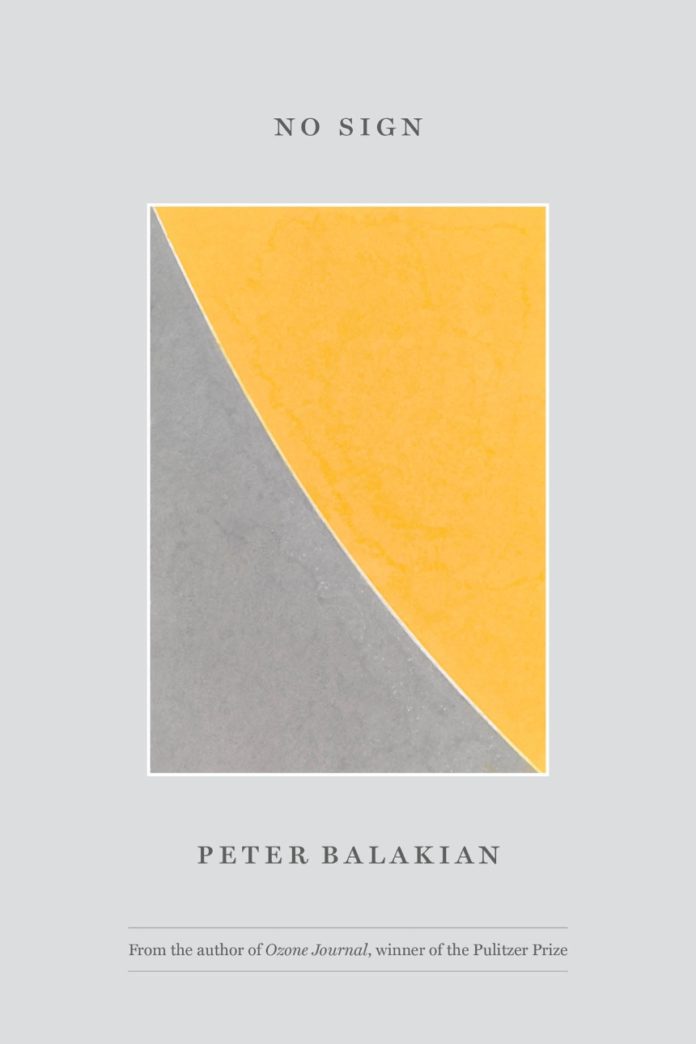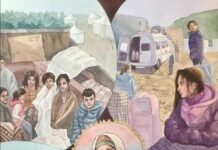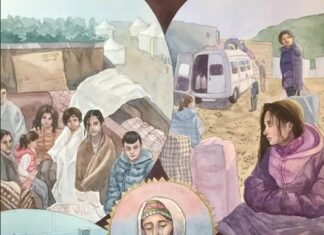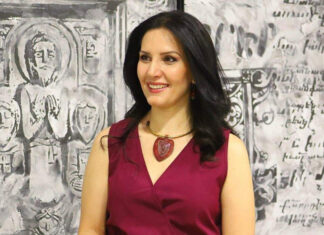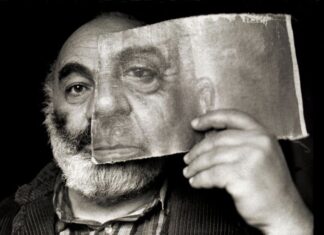WATERTOWN — Armenians sometimes wonder if their voice is audible in the world, especially during times of crisis. In the realm of literature, and poetry in particular, there is no doubt that it is, with Pulitzer Prize winning poets like Peter Balakian. Balakian’s work places the Armenian experience on a level of universal significance, not leaving it isolated in the realm of ethnic or folk life, nor buried dead in history. At the age of seventy, he continues to produce prolifically. His newest volume of poetry, No Sign (University of Chicago Press, 2022), just published, is another masterful collection weaving together all sorts of elements of contemporary life, with an Armenian perspective and memory prominent.
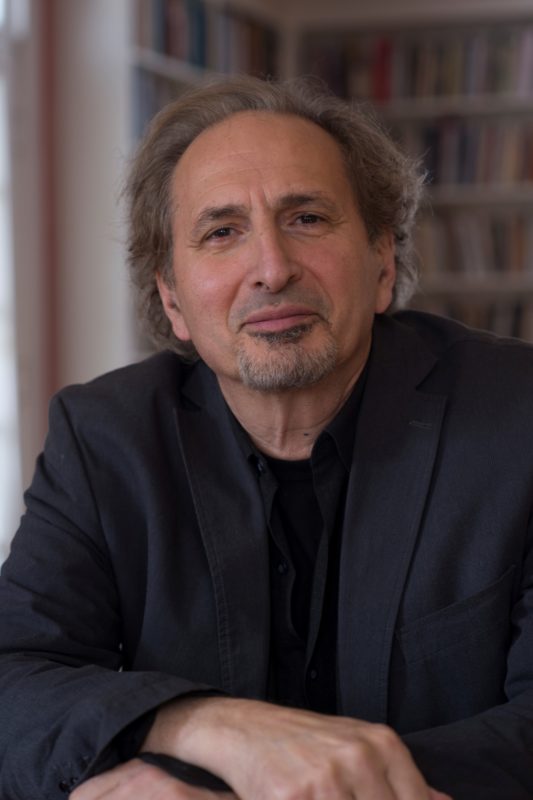
This 85-page book is divided into four sections. The first contains a variety of poems flitting between the past and present, with Covid, the Vietnam War, world politics and the bitterness of history, including Armenian political disappointments, Arshile Gorky, various foods, beautiful flowers, and even the duduk making appearances. The poems of the second section all are named after various fruits, vegetables and foods, and are often palpably sensual in nature. They connect with various memories and experiences of the author, with deeper reverberations.
The third section of the book, unlike the other sections, is composed of a single longer poem bearing the same title as the eponymous volume. More complex than the other poems, with many parts, it is in the form of a dialogue between an estranged couple, with everything from the geological origins of the earth to current environmental dangers, Hiroshima, war, love and cinema questioned and discussed.
The final fourth section reverts to a medley of poems meditating on history and the present. The Armenian element is strongly present, with the statue of Anahit at the British Museum, Ani “the ruined city,” Hrant Dink, and Armenian Istanbul making their appearances.
Making Art
Balakian stated, “I have been at this art for a while now. It is my life’s work.” In addition to poetry, he is the author of four books of prose, including a memoir, nonfiction studies and a book of essays. However, he said, “The main river for me is the poetry river, and the others are tributaries off of it. I published my first poems in literary journals around 1974, and pretty much I published one book of poems every five years since 1979, give or take a year. I continue to work in nonfiction forms, especially in the essay, and I have been writing short political pieces in the past decade.”



